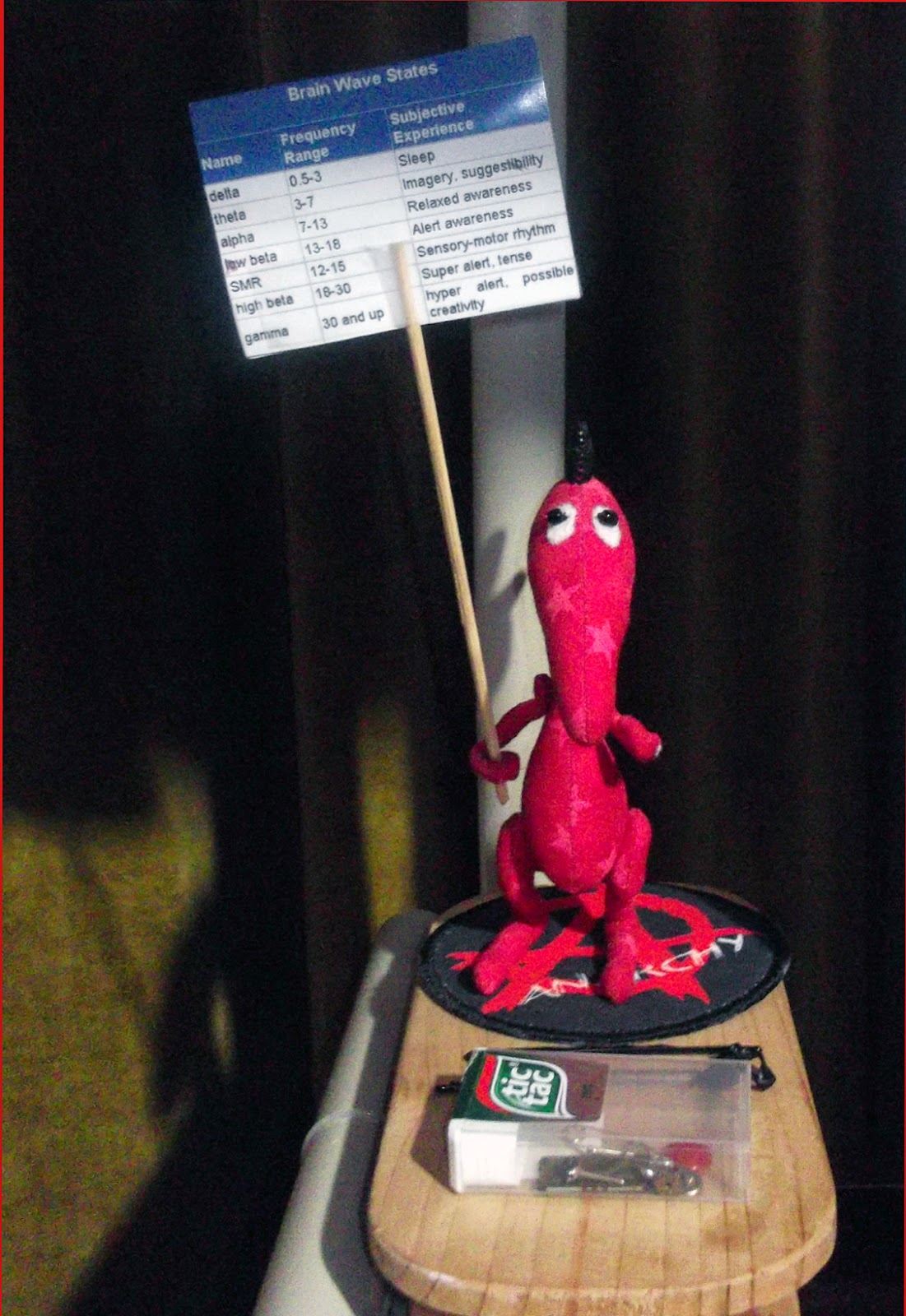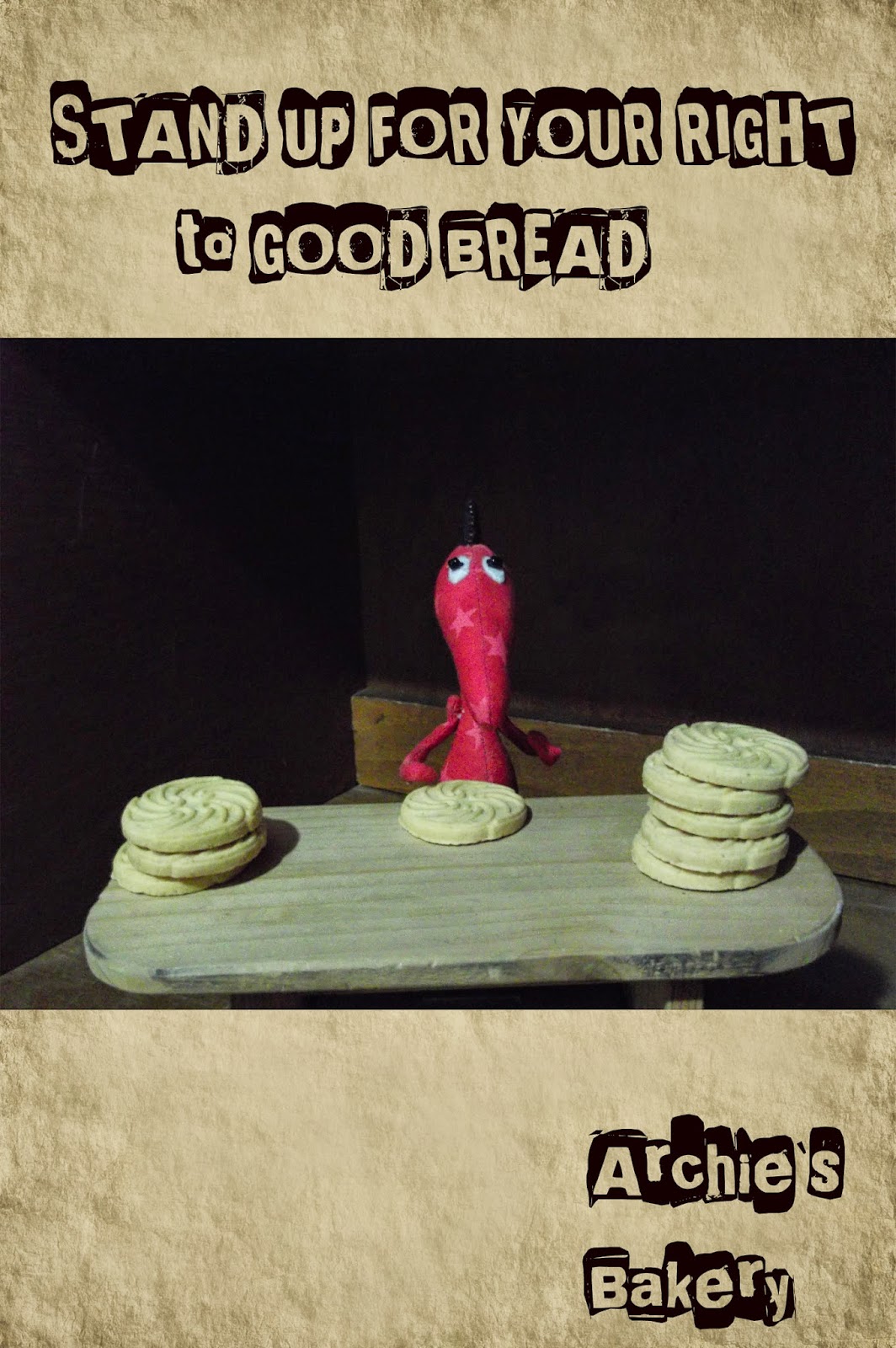Once upon a time, I had a grandma. She was not your usual, vanilla-scented, cake-baking grandma. No, she was fiery and strong and loved her family fiercely. She had this gift of deciding things into existence, and they somehow always obeyed. If one of us was sick, she would decide to make us better in two days, and she did. If a neighbour needed help in the garden, she decided to do her own work and theirs. If life threw something horrible at her, she decided to make the most of it.
Odată ca niciodată, aveam o bunică. Nu era bunicuţa obişnuită, care miroase a vanilie şi face prăjituri. Nu, era focoasă şi puternică şi îşi iubea familia într-un fel aprig. Avea darul de a hotărî lucrurile să se întâmple, şi cumva ele se supuneau întotdeauna. Dacă unul din nou era bolnav, ea hotăra să ne facă bine în două zile, şi aşa era. Dacă o vecină avea nevoie de ajutor în grădină, ea hotăra să facă şi munca ei, şi pe-a vecinei. Dacă viaţa îi arunca în poală ceva groaznic, ea hotăra să scoată ceva bun din asta.
One evening (it might have been winter, as I seem to remember there was a fire going in the stove), she decided I was old enough to stop having my evening milk in a baby bottle. I was about to start wailing for the impending loss of my sense of security, when something magical happened. She opened the cupboard - that cupboard, the one that housed all the cups and plates and glasses that only came out at very special occasions and always with great care. The forbidden cupboard was opened and a cup floated into my hands. It was tiny; it looked so frail that even the bright orange flower painted on its side looked too heavy for its thin, almost translucent porcelain walls. I was in awe. Even if it became my daily evening milk cup, I always treated it with great care, and even now I tremble a bit when I take it out of my usual, not-at-all-forbidden cupboard.
Într-o seară (cred că era iarnă, că parcă îmi amintesc focul în sobă), bunica a hotărît că sunt prea mare să-mi mai beau laptele de seară din sticla cu biberon. Eram gata să mă apuc de bocit pentru pierderea iminentă a simţului meu de securitate, când s-a întâmplat ceva magic. Bunica a deschis bufetul - bufetul acela, cel în care locuiau toate ceştile şi farfuriile şi paharele care ieşeau doar la ocazii foarte speciale, şi întotdeauna cu multă grijă. Bufetul interzis s-a deschis şi o ceaşcă a plutit până în mâinile mele. Era micuţă; părea aşa de fragilă încât şi floarea portocalie pictată pe o parte părea prea grea pentru pereţii ei de porţelan subţire, aproape translucid. Eram copleşită. Chiar dacă a devenit ceaşca mea cotidiană de lapte, întotdeauna o tratam cu mare grijă, şi chiar şi acum tremur un pic când o scot din dulapul meu obişnuit, deloc-interzis.

I don't know what happened to the rest of the set, but I still have my cup and saucer. I now use it to photograph my litle fairies in, they seem to go together so well.
Nu ştiu ce s-a întâmplat cu
restul setului, dar eu mai am încă ceaşca şi farfurioara mea. Le
folosesc acum pentru a-mi fotografia zânuţele, mi se pare că se
potrivesc tare bine.
But, apart from is cuteness factor, whenever I use the cup, I am reminded of what my grandma taught me that evening 30-odd years ago and that I only became aware of as an adult -
- that I am a big girl
- that I can be trusted, even with fragile things
- that it's OK to let myself be pushed out of my comfort zone, as, when I lose something, something much better might come to me instead
Dar, pe lângă factorul estetic, de fiecare dată când folosesc ceaşca îmi amintesc de ceea ce m-a învăţat bunica în acea seară, acum 30 de ani, şi de care am devenit conştientă abia când am devenit adult -
- că sunt mare
- că se poate avea încredere în mine, chiar şi cu lucruri fragile
- că e OK să mă las scoasă din zona mea de confort, pentru că, de fiecare dată când pierd ceva, s-ar putea ca ceva şi mai fain să vină în loc
My grandma did not live happily everafter, but her cup will. Because I have decided.
Bunica mea nu a trăit fericită până la adânci bătrâneţe, însă ceşcuţa ei va trăi. Pentru că am hotărât.











































